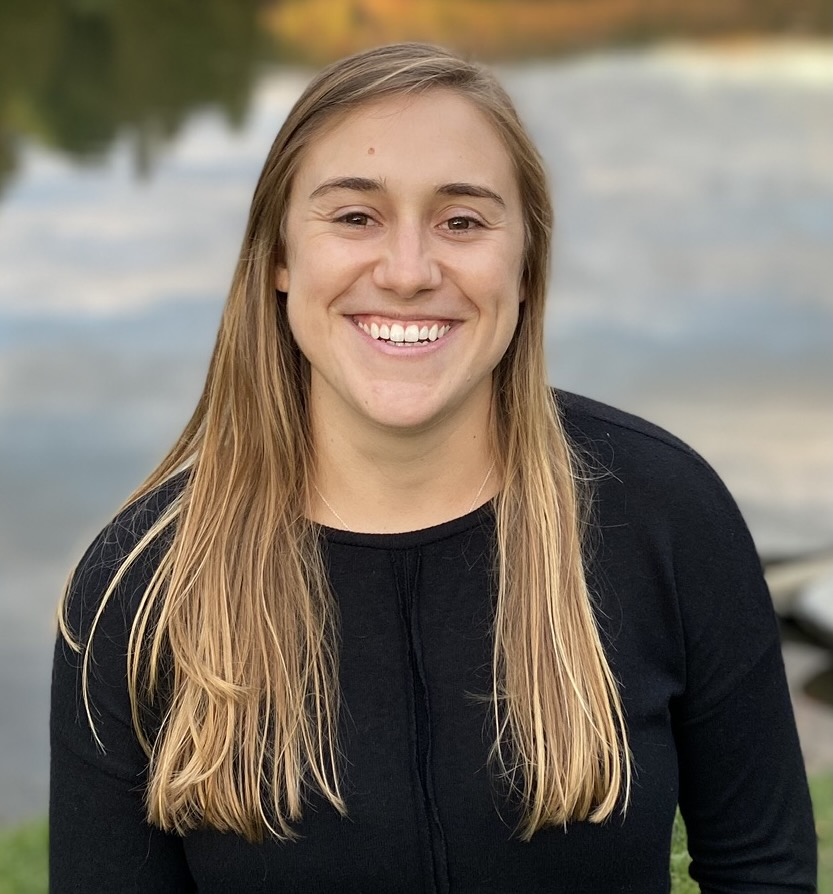You are here :
- EUTOPIA website
- Home
- Portfolio
- Resarch
- SIF - Post-Doctoral Fellowships
Madeline Polmear, Vrije Universiteit Brussel

Curriculum Vitae
Madeline Polmear, PhD
-
Education
Madeline received her Bachelor's in environmental engineering and her Master's and PhD in civil engineering at the University of Colorado Boulder, USA. Her dissertation research examined engineering educators' practices and perspectives related to ethics and societal impacts education. Prior to joining the Vrije Universiteit Brussel, she was a postdoctoral research associate in the Department of Civil and Coastal Engineering at the University of Florida, USA.
- Experience
Madeline Polmear is a civil engineer and interdisciplinary engineering education researcher with nine years of experience in bridging technical and nontechnical competencies in curricula to promote engineering students' ethical development and workforce preparation. The motivation for her research is to improve the socio-technical capacity of the next generation of engineers and to make engineering education and practice more inclusive to support the diversity of the profession and the communities it serves.
She is involved in the American Society for Engineering Education (ASEE) Engineering Ethics Division and the European Society for Engineering Education (SEFI) Ethics Special Interest Group and serves as a mentor for the Journal of Engineering Education Mentored Reviewer Program.
Research Project:
A Theoretical Model of Macroethical Development in Engineering Education: Promoting Welfare by Supporting Ethics Education
Given the impact of civil engineering and the profession’s obligation to uphold social welfare and serve the public trust, civil engineers must understand ethics and responsibilities related to the natural and built environment. The undergraduate curriculum plays a key role in developing ethical responsibility, as a site of professional socialization and the only institutionalized training most engineers receive. However, empirical research and theoretical understanding related to engineering ethics education are limited. The project will address this gap by contributing a novel theoretical model of civil engineering students’ macroethical development through a grounded theory approach, a qualitative methodology that generates new theory from interview data.Using a constructivist perspective, this research aims to understand how civil engineering students make meaning of their own professional and societal responsibilities by examining the learning processes, environmental factors, and navigational strategies in engineering ethics education. The project will contribute to three key research areas: Welfare & Inclusion, Sustainability, and Data & Intelligence.
First, engineers have a responsibility to protect public welfare. Second, sustainability is one of the most pressing macroethical issues facing the profession and civil engineers serve intra- and intergenerational equity through sustainable products, processes, and services. Third, civil engineers are pioneers on the human-technology frontier. Data and technological innovations such as transportation infrastructure for autonomous vehicles and human-robot interaction on construction sites introduce a host of ethical considerations that civil engineers need to address. Preparing the future civil engineering workforce for its macroethical responsibility requires convergence: the integration of ideas across disciplines.
To this end, the project is hosted in the Law, Science, Technology and Society Research Group at the Vrije Universiteit Brussel and co-hosted in the Interdisciplinary Ethics Research Group at the University of Warwick.


